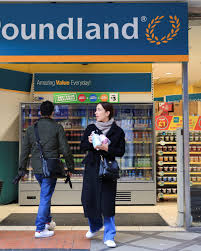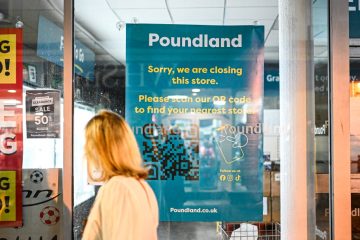The Impact of Poundland Store Closures on Communities

Introduction
Poundland, the popular UK discount retailer, has recently announced a series of store closures that could have significant implications for local communities and the retail landscape. With rising operational costs and changes in consumer shopping behaviour exacerbated by economic pressures, understanding the reasons behind these closures is crucial for consumers, employees, and local economies alike.
Details of Store Closures
As of October 2023, Poundland has confirmed it will be shutting down ten stores across various locations in the UK. These closures come on the back of a survey indicating a 20% drop in foot traffic in some key high street areas. The stores affected span from urban centres to smaller towns, which raises concerns about accessibility to affordable shopping options for residents.
Poundland’s managing director stated, “We are adapting to the changing retail environment and, regretfully, must make difficult decisions about our store presence.” Reports suggest that the closures are a direct response to increasing rent costs, competition from online retailers, and evolving consumer preferences where many are shifting towards shopping online rather than visiting physical stores.
Community Impact
The impact of these closures stretches beyond just the loss of a local retail outlet. For many communities, Poundland serves as an essential provider of affordable goods, particularly for low-income families. Losing a nearby store can limit access to necessary products, forcing residents to travel further to shop, which could pose challenges for those without transportation.
Furthermore, these closures could result in job losses. It is estimated that each store closure may affect around 20 employees, contributing to local unemployment rates. Community leaders have expressed concern about the potential for increased financial strain on families already grappling with the cost of living crisis.
Looking Ahead
As the retail landscape continues to change, analysts suggest that Poundland may reconsider its business model, potentially increasing its online offering while possibly downsizing its physical presence. Meanwhile, the demand for low-cost alternatives remains high, indicating that if Poundland can adapt effectively, it may still find ways to serve the public even with fewer stores.
In conclusion, the recent store closures represent a significant shift not only for Poundland but also for the broader retail sector in the UK. As consumers reassess their shopping habits, it will be crucial for discount retailers to find innovative ways to remain relevant in a competitive market and support their communities through economic fluctuations.








